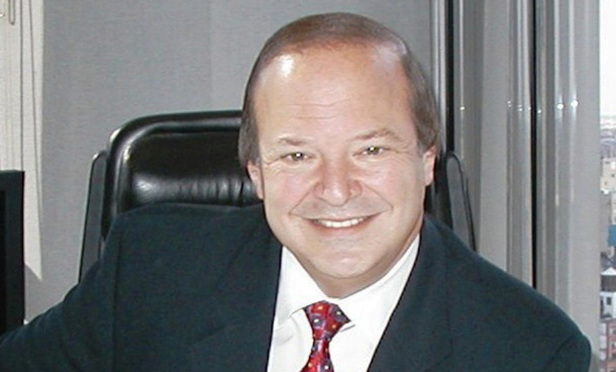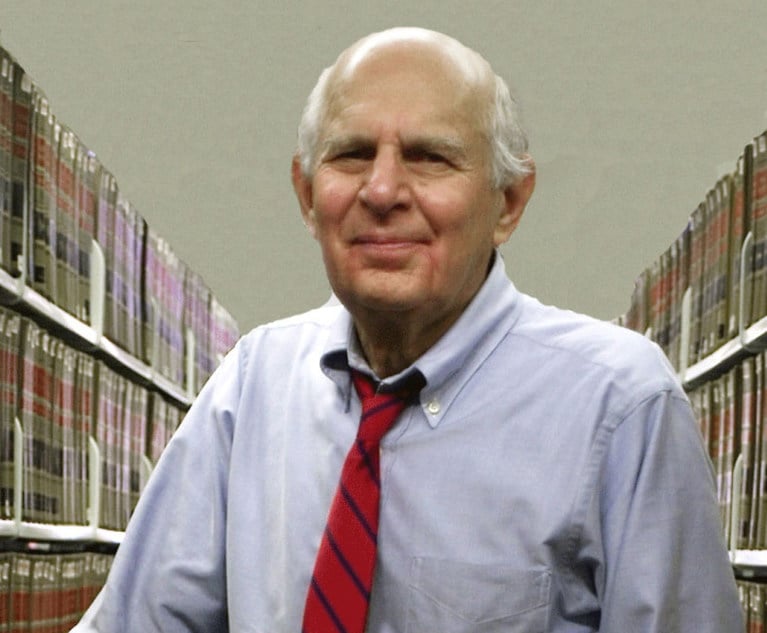One of the most significant decisions construing and applying the New York Franchise Act was recently issued by Supreme Court Justice Shirley Werner Kornreich in three joined actions captioned EV Scarsdale Corp. et al. v. Engel & Voelkers North East LLC et al.[1] (Full disclosure: the author’s law firm represented all prevailing defendants in this action.) We will refer to the three joined actions collectively as Engel & Voelkers. The critical import of this decision may be simply stated: For the first time ever, a New York court has held that late delivery of a franchisor’s Franchise Disclosure Document, standing alone, will not trigger liability unless the subject franchisee is able to prove that it sustained damages as a result of late FDD delivery.
As stated by the court, the Engel & Voelkers cases concern claims by Engel & Voelkers real estate brokerage franchisees that the franchisor-defendants violated the New York Franchise Act in various respects and breached their franchise agreements. On this adjudication of Engel & Voelkers’ motions for summary judgment, the court confined its attention to the New York Franchise Act prongs of plaintiffs’ actions, noting that “… the contracts are not discussed herein because the parties agree that plaintiffs’ claims that such contracts were breached implicate material factual disputes that will be adjudicated at trial.”


 David Kaufmann
David Kaufmann




